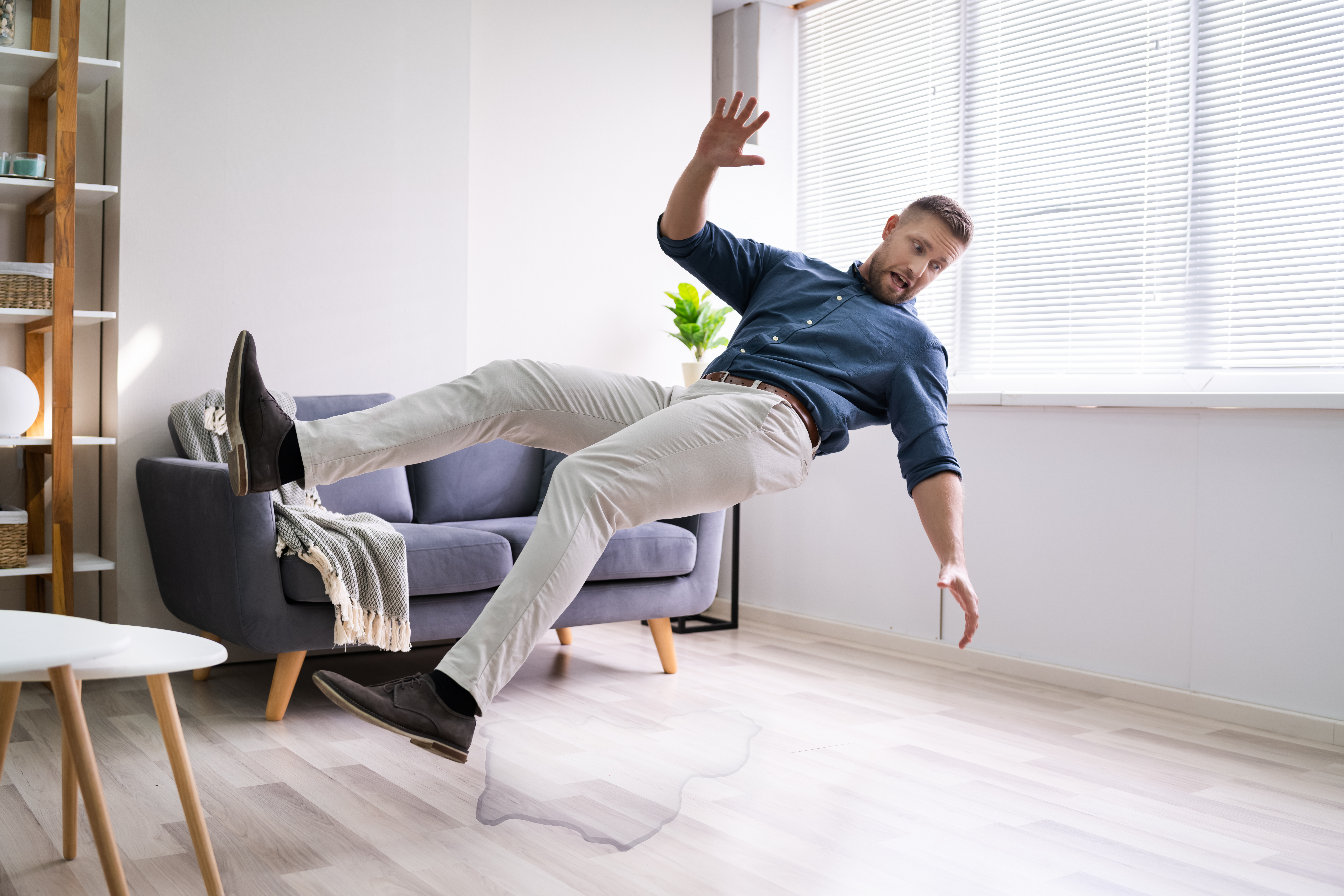Accidents happen when we least expect them, and slip, trip, or fall injuries are among the most common types of accidents in the UK. Whether it occurs in a public place, workplace, or private property, these incidents can lead to serious injuries and significant financial burdens. If you’ve been injured in a slip, trip, and fall in public it’s important to understand your rights and the steps you can take to seek compensation. This guide will walk you through the essential information and actions to take following such an injury.
1. Understanding Slip, Trip, and Fall Injuries
Common Causes
Slip, trip, and fall injuries can occur due to various reasons, including:
- Wet or slippery floors
- Uneven or damaged pavements
- Poor lighting
- Obstructions or cluttered walkways
- Inadequate safety measures in workplaces
Types of Injuries
These accidents can result in a range of injuries, from minor bruises to severe conditions such as:
- Fractures and broken bones
- Sprains and strains
- Head injuries and concussions
- Back and spinal injuries
- Cuts and lacerations
2. Immediate Steps to Take After the Accident
Ensure Safety
- Move to a Safe Area: If possible, move away from the hazard to prevent further injury.
- Seek Medical Attention: Even if injuries seem minor, get a medical examination to ensure there are no hidden or delayed injuries.
Document the Incident
- Take Photos: Capture images of the accident scene, including the hazard that caused your fall.
- Gather Witness Information: Collect contact details of anyone who witnessed the accident.
- Report the Accident: Inform the property owner, manager, or relevant authority about the incident. Make sure to get a copy of the accident report.
3. Legal Rights and Liability
Duty of Care
Property owners and occupiers in the UK have a legal duty of care to ensure their premises are safe for visitors. This includes taking reasonable steps to prevent hazards that could cause slip, trip, or fall accidents.
Proving Liability
To claim compensation, you must prove that the property owner or occupier was negligent. This involves demonstrating that:
- A hazard existed.
- The responsible party knew or should have known about the hazard.
- The hazard was not addressed in a timely manner.
- The hazard directly caused your injury.
4. Seeking Medical Treatment
Immediate Care
Seek immediate medical attention for your injuries. This not only ensures your health and safety but also creates a medical record that can support your claim.
Follow-Up Care
Follow your doctor’s advice for any follow-up treatments or rehabilitation. Keep all medical records, prescriptions, and receipts as they are essential evidence for your claim.
5. Contact a Personal Injury Solicitor
Expert Legal Advice
A personal injury solicitor can provide expert advice on the viability of your claim and guide you through the legal process. They can help gather evidence, negotiate with insurance companies, and represent you in court if necessary.
No Win No Fee
Many personal injury solicitors operate on a no win no fee basis, meaning you only pay if your claim is successful. This can alleviate the financial burden of pursuing legal action.
6. Filing a Compensation Claim
Document Preparation
Prepare and submit all necessary documents, including:
- Accident report
- Medical records
- Witness statements
- Photographic evidence
Negotiation and Settlement
Your solicitor will negotiate with the responsible party’s insurance company to reach a fair settlement. If a satisfactory agreement cannot be reached, your case may go to court.
7. Potential Compensation
Types of Compensation
You may be entitled to various types of compensation, including:
- Medical Expenses: Covering the cost of treatment, medications, and rehabilitation.
- Lost Wages: Compensation for income lost due to your inability to work.
- Pain and Suffering: Compensation for physical pain and emotional distress.
- Out-of-Pocket Expenses: Reimbursement for any additional expenses incurred due to the injury.
8. Prevention Tips
For Property Owners
- Regular Maintenance: Regularly inspect and maintain the property to identify and fix potential hazards.
- Clear Signage: Use clear signage to warn visitors of any temporary hazards, such as wet floors.
- Adequate Lighting: Ensure all areas are well-lit to prevent accidents due to poor visibility.
For Individuals
- Stay Alert: Pay attention to your surroundings and watch for potential hazards.
- Wear Appropriate Footwear: Choose shoes with good traction to reduce the risk of slipping.
- Report Hazards: Inform property owners or managers about any hazards you encounter.
Conclusion
Injuries from slip, trip, or fall accidents can have serious consequences, but understanding your rights and taking the appropriate steps can help you secure the compensation you deserve. If you’ve been injured in such an accident in the UK, seek immediate medical attention, document the incident, and consult a personal injury solicitor. With the right approach, you can navigate the legal process effectively and focus on your recovery. Remember, property owners have a duty to ensure their premises are safe, and you have the right to hold them accountable for negligence.


